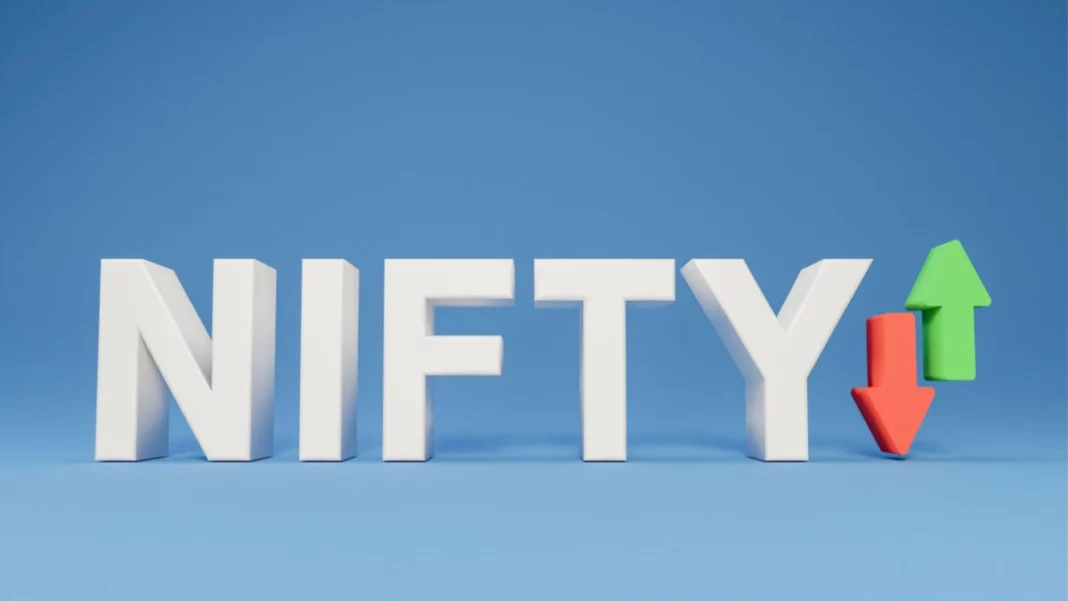An ETF that follows the Nifty Financial Services TRI has been introduced by Aditya Birla Sun Life Mutual Fund.
Including traditional banking and insurance, the Nifty Financial Services Index covers wealth management, stockbroking, payment systems, and other financial services. New fund offerings (NFOs) opened on July 14, 2022, and closed on July 27, 2022.
The fund company claims that over the previous two years, the financial services industry, which includes banks, has experienced a severe valuation derating. According to the press release, given the anticipated rebound in sector valuations, this ETF represents a significant chance for growth.
What are Nifty Financial Services?
The Nifty Financial Services Index, according to the press release, is a well-diversified portfolio that covers insurance, wealth management, stock broking, payment systems, etc., in addition to conventional banking. There is an increasing need for financial services in every period of life, including the early-income and retirement stages.
As of June 30, 2022, data from the National Stock Exchange (NSE) showed that the financial services index had earned a return of 10.94% CAGR during 5 years. However, this index had a 5.12% negative total return over a year.
The Nifty Financial Services Index had strong fundamentals as of June 30, 2022, with a price to earnings (P/E) ratio of 17.63, a price to book (P/B) ratio of 3.38, and a dividend yield ratio of 0.83.
Tracking Error and Expense Ratio
According to Aditya Birla, the tracking inaccuracy and fee ratio are essential for the ordinary investor looking to participate in an ETF.
Tracking Error
Aditya Birla Sun Life Mutual Fund stated that should market conditions become highly volatile, the ETF’s investment management will monitor the tracking error of the scheme and contain it below 2%.
When an ETF or fund precisely duplicates its underlying index without changing the weights of the index constituents, the tracking error concept is in effect.
Expense Ratio
According to the business, the maximum expense ratio for this particular ETF will be 1% of the fund’s daily net asset. To improve the geographical reach of the specific scheme, an extra 0.3% may be charged for gross net inflows from a list of cities, in compliance with Securities Exchange Board of India regulations.
It further stated that the costs associated with listing this ETF on the stock exchange would be classified as “other expenditures” and subject to the TER cap of 1% of the fund’s daily net asset.
The Fund Company’s Response to this New Offering
Banks, in particular, have experienced a significant devaluation over the previous two years in the financial services industry. Given the strategic importance of the sector in the Indian markets and the predicted valuation recovery, this ETF has considerable growth potential.
According to the fund house, this fund could be a terrific way to ride the cyclical upturn for investors seeking higher-growth assets.
Aditya Birla Sun Life Mutual Fund MD & CEO A. Balasubramanian commented, “Because of recent volatility, many investors are now looking for passive solutions that would offer underlying index exposure in multiple markets at reasonable prices.” In light of the significance of the BFSI (Banking, Financial Services, and Insurance) industry, this ETF offers a unique investment opportunity.
Conclusions
Over the past two years, the financial services industry, which includes banks, has experienced a severe valuation derating. This ETF offers a significant possibility for growth because of the sector’s strategic importance in the Indian markets and the anticipated valuation rebound.
It consists of 20 stocks in the Financial Services sector. A wide range of financial services companies is included in the Nifty Financial Services TRI, including banks, financial institutions, housing finance companies, insurance companies, etc.
Also Read: ONGC NSE Share Price – A Bird’s Eye View


